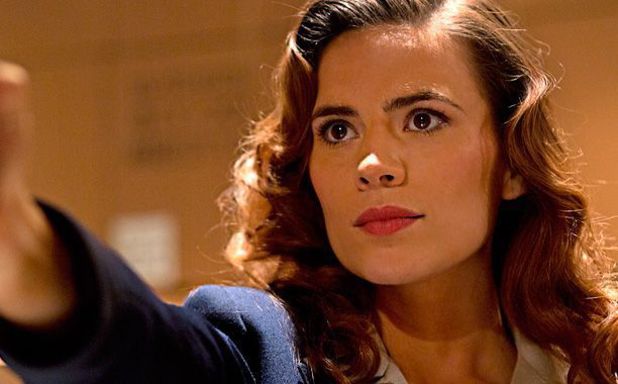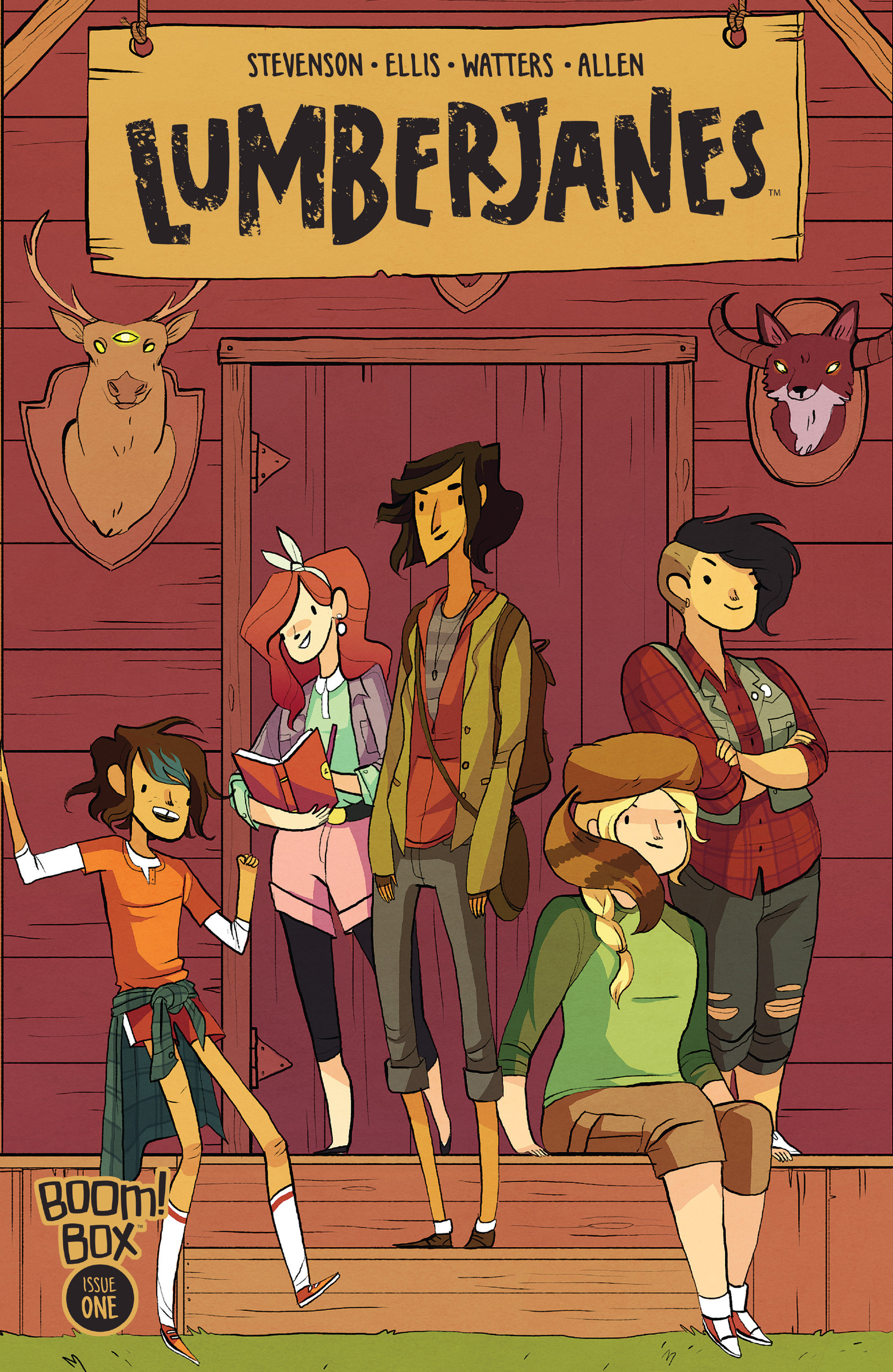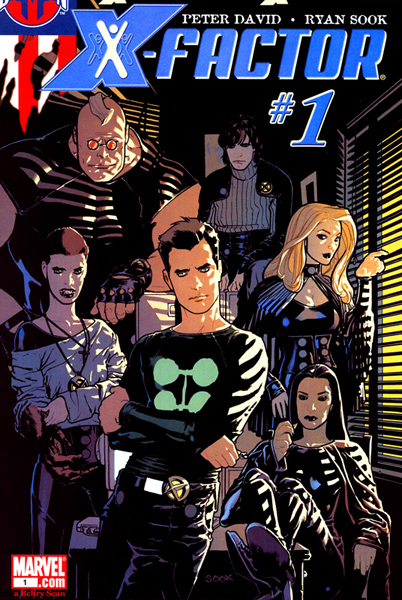
Fall TV, Comics, and You (or, well, me)
It’s the middle of May, which means that the TV schedules for fall have been released. There are seven – count them, SEVEN – live action comics-inspired television shows set to air on cable networks this fall, and I, for one, couldn’t be more excited. It’s no surprise to anyone at this point that ABC’s hit Marvel’s Agents of S.H.I.E.L.D. was renewed; its numbers have been solid, even if the events of Captain America: The Winter Soldier did leave a lot of people wondering what, exactly, that show was going to be about. As it turns out, Marvel’s Agents of S.H.I.E.L.D. dealt with the fallout in a way that will make for an action-packed second season – and, by the end of the season, had redeemed itself somewhat in my eyes from some of the mistakes it made earlier on.



